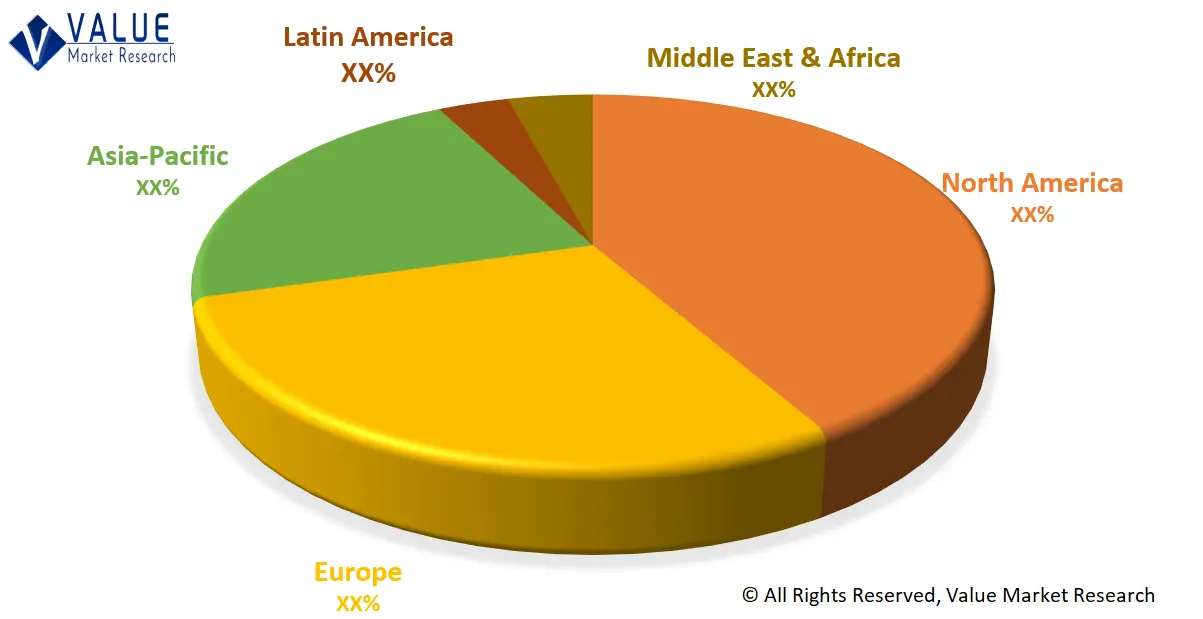The global demand for Smart Water Grid Market is presumed to reach the market size of nearly USD 95.56 BN by 2030 from USD 26.94 BN in 2022 with a CAGR of 17.15% under the study period 2023 - 2030.
A Smart Water Grid, also known as a Smart Water Management System, is an advanced technology-driven approach that leverages the power of data, sensors, and automation to optimize the management of water resources and enable efficient water distribution and usage in urban and rural areas. It combines traditional water infrastructure with modern information and communication technologies (ICT) to create an intelligent and interconnected water management system.
Market Dynamics
Growing global population, rapid urbanization, and industrialization have resulted in increased water demand, leading to water scarcity in many regions. Smart Water Grids offer efficient water management solutions by optimizing water distribution, reducing water losses, and improving water usage, which can help address the challenges of water scarcity and increasing demand. Many cities and regions around the world are facing challenges with ageing water infrastructure, including leaks, pipe bursts, and inefficient distribution systems. Smart Water Grids provide advanced monitoring and control solutions that can detect and prevent water leaks, reduce non-revenue water (NRW) losses, and improve the overall efficiency of water distribution networks. Smart Water Grids with real-time data monitoring and analytics capabilities can provide early warnings, enable proactive management, and help mitigate the impacts of climate change on water resources.
Many governments and regulatory bodies are implementing stringent regulations and water conservation goals to promote sustainable water management practices. Smart Water Grids can help meet these regulatory requirements by providing tools and technologies for efficient water usage, leakage detection, and water quality monitoring. The rapid advancements in ICT, including the Internet of Things (IoT), big data analytics, cloud computing, and communication networks, are enabling the development of more sophisticated and connected water management systems. Smart Water Grids leverage these technologies to collect, analyze, and act upon real-time data, enabling efficient and intelligent water management.
Smart Water Grids can result in cost savings by reducing water losses, improving water distribution efficiency, and optimizing energy consumption in water pumping and treatment processes. These cost savings can be a significant driving factor for the adoption of Smart Water Grids, especially in regions with high water costs or energy prices. Water management is closely linked to environmental and social sustainability. Smart Water Grids enable efficient water usage, reduction of water losses, and effective water conservation efforts, leading to improved environmental sustainability. Moreover, by ensuring access to safe and clean water, Smart Water Grids contribute to social sustainability, including public health and well-being. The importance of data-driven decision-making is gaining recognition in various sectors, including water management. Smart Water Grids provide real-time data on various aspects of water management, enabling data-driven decision-making for efficient water distribution, usage, and conservation.
The research report covers Porter's Five Forces Model, Market Attractiveness Analysis, and Value Chain analysis. These tools help to get a clear picture of the industry's structure and evaluate the competition attractiveness at a global level. Additionally, these tools also give an inclusive assessment of each segment in the global market of smart water grid. The growth and trends of smart water grid industry provide a holistic approach to this study.
Market Segmentation
This section of the smart water grid market report provides detailed data on the segments at country and regional level, thereby assisting the strategist in identifying the target demographics for the respective product or services with the upcoming opportunities.
By Product
- Smart Infrastructure
- Control & Automation
- ICT & Analytical Software
- Design & Engineering
By Application
- Residential
- Commercial
- Utility
Regional Analysis
This section covers the regional outlook, which accentuates current and future demand for the Smart Water Grid market across North America, Europe, Asia-Pacific, Latin America, and Middle East & Africa. Further, the report focuses on demand, estimation, and forecast for individual application segments across all the prominent regions.
Global Smart Water Grid Market Share by Region (Representative Graph)

The research report also covers the comprehensive profiles of the key players in the market and an in-depth view of the competitive landscape worldwide. The major players in the smart water grid market include Siemens AG, Itron Inc., Sensus Worldwide Holdings Ltd., Badger Meter, Inc., Neptune Technology Group Inc., Schneider Electric, Toshiba Corporation, The Whitmore Group Arqiva, Wetsus, ABB Group, ICT, co., Ltd., Prezi Inc., and Xinapse Systems Ltd. This section consists of a holistic view of the competitive landscape that includes various strategic developments such as key mergers & acquisitions, future capacities, partnerships, financial overviews, collaborations, new product developments, new product launches, and other developments.
In case you have any custom requirements, do write to us. Our research team can offer a customized report as per your need.

